Why Android Users Switch to iPhone: Understanding The Factors Behind The Transition
Android users have been steadily switching to the iPhone in recent years, and this rate has fluctuated between 10% and 15%, according to a report from Consumer Intelligence Research Partners. The latest survey conducted on iPhone buyers sheds light on the reasons why users transitioned from Android to iOS devices. Understanding these shifting factors in consumer decision making can be helpful for both iPhone and Android developers.
Factors that contribute to Android users’ migration to iPhone
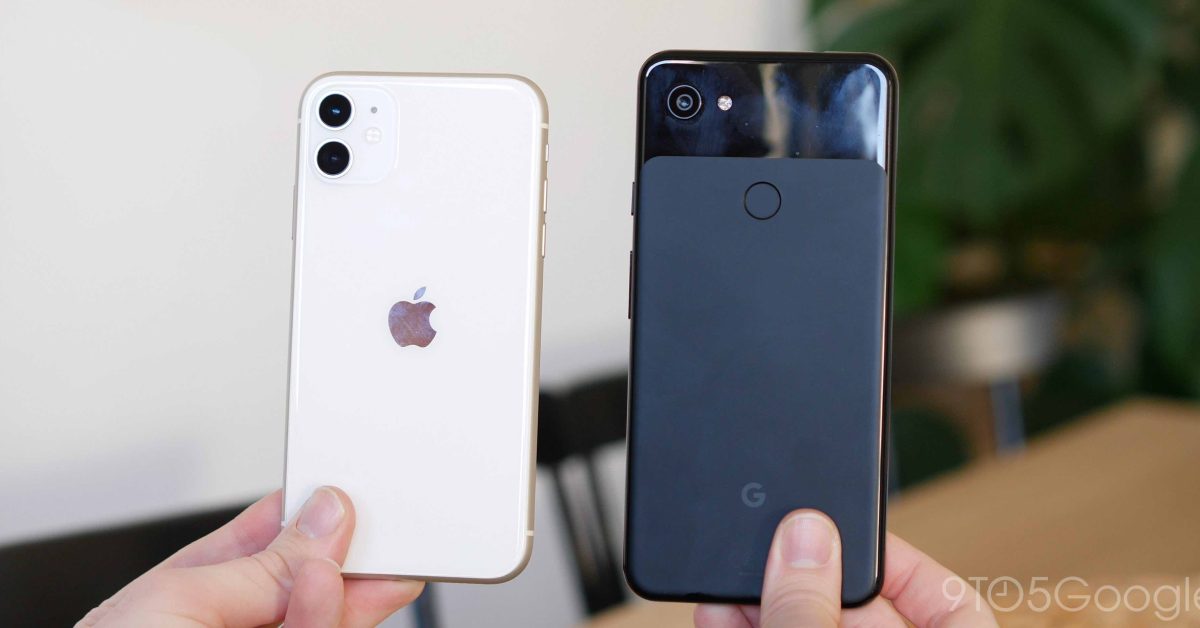
The decision to switch from Android to iPhone is attributed to a combination of reasons, including phone issues, desire for new features, cost implications, and community connectivity.
Phone issues
According to the latest survey, over 50% of buyers specified issues with their previous phones as reasons for transitioning to the iPhone. These issues included battery life, connectivity issues, and other essential device functionalities. A significant number of these switchers had older phone models that struggled to meet their needs.
Desire for new features
The desire to access new features on their smartphones, such as the ability to use exclusive apps, expanded accessory choices, or more user-friendly interfaces, was cited by over 25% of buyers.
Cost implications
The cost of acquiring an iPhone compared to an Android smartphone might come as a surprise to many. Over 15% of iPhone buyers disclosed that they switched to iOS devices because they found acquiring an iPhone more cost-effective than anticipated. Deals and promotions on the iPhone might also be a contributing factor.
Community connectivity
Access to seamless connectivity with family and friends through iMessage or FaceTime was cited by approximately 6% of buyers. The desire to use these exclusive features only available on iOS devices was strong enough to warrant a switch.
Android vs. iOS
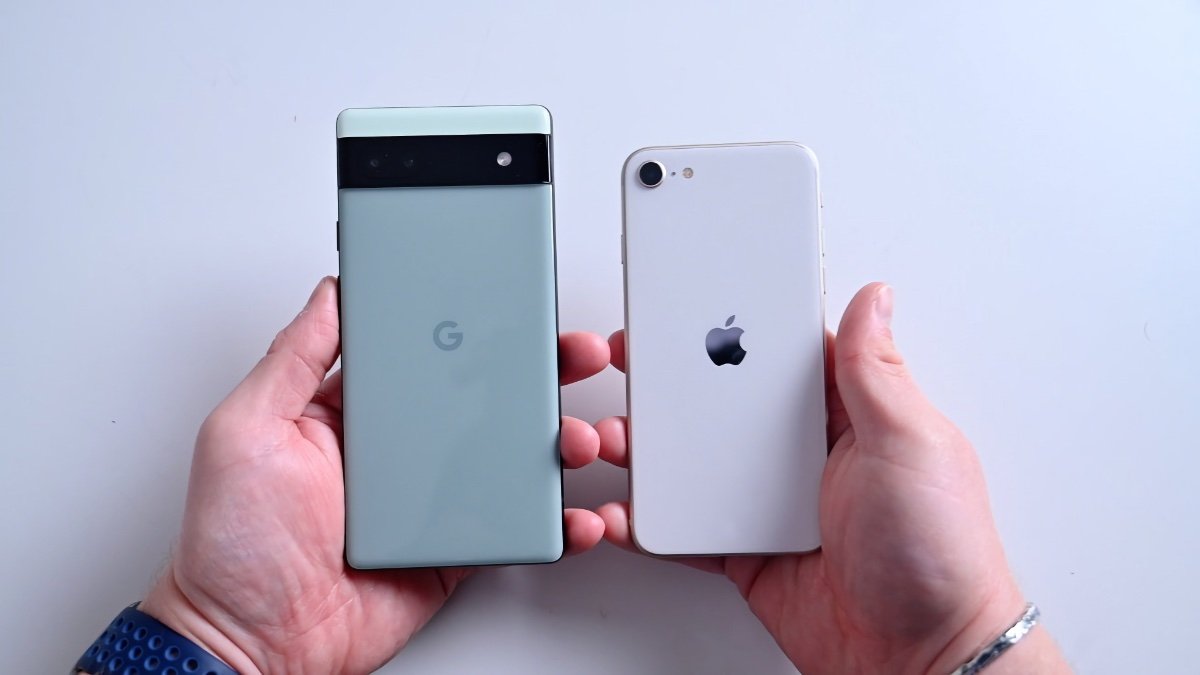
Both these mobile operating systems dominate the smartphone market, but what makes users choose one over the other?
Android phone features
Android offers more customizability and more extensive integration with Google services compared to iOS devices. There’s a unique level of flexibility with Android devices, leading to a personalized user experience.
iOS features
On the other hand, users choose iPhones for their engineered software and superior battery life. Apple devices have expertly integrated hardware and software, offering a user-friendly experience that is hard to replicate on other devices.
What to expect when switching from Android to iOS
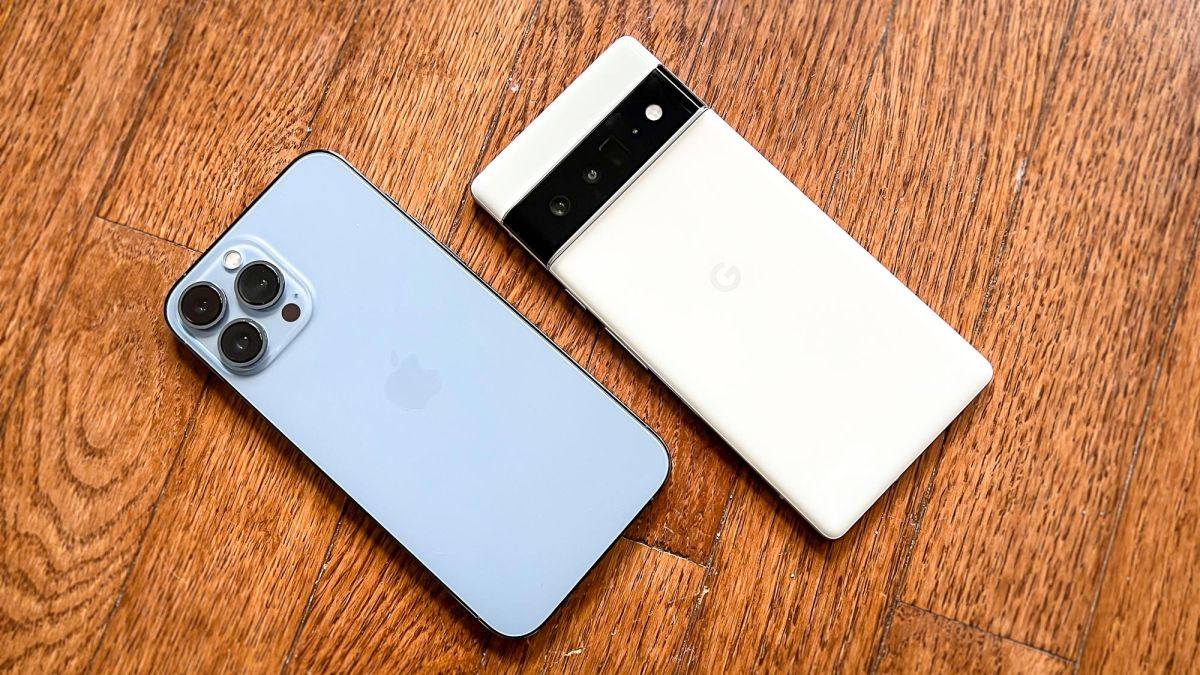
Switching from Android to iOS can seem daunting, but it doesn’t have to be. Here are some highlights on what to expect:
Seamless integration
If you’re already using a MacBook or iPad, the transition to iPhone is seamless. The integration between Apple devices is excellent, and you can expect all your apps to work cohesively.
The App Store
The App Store on iOS devices is superior in terms of selection and quality when compared to the Play Store. You can expect beautifully designed apps that use a cohesive design language.
The learning curve
The learning curve when transitioning to iOS devices has significantly reduced in recent years. Apple devices have an intuitive interface with sleek hardware that makes them easy to use. Additionally, iOS devices have an excellent onboarding process that guides new users on how to use the device.
Customization
The level of customization on iOS devices is limited compared to Android devices. However, with iOS 14, there are now widgets on the home screen that allow for some degree of customization, which is a huge win for iPhone users who want to personalize their devices.
Conclusion
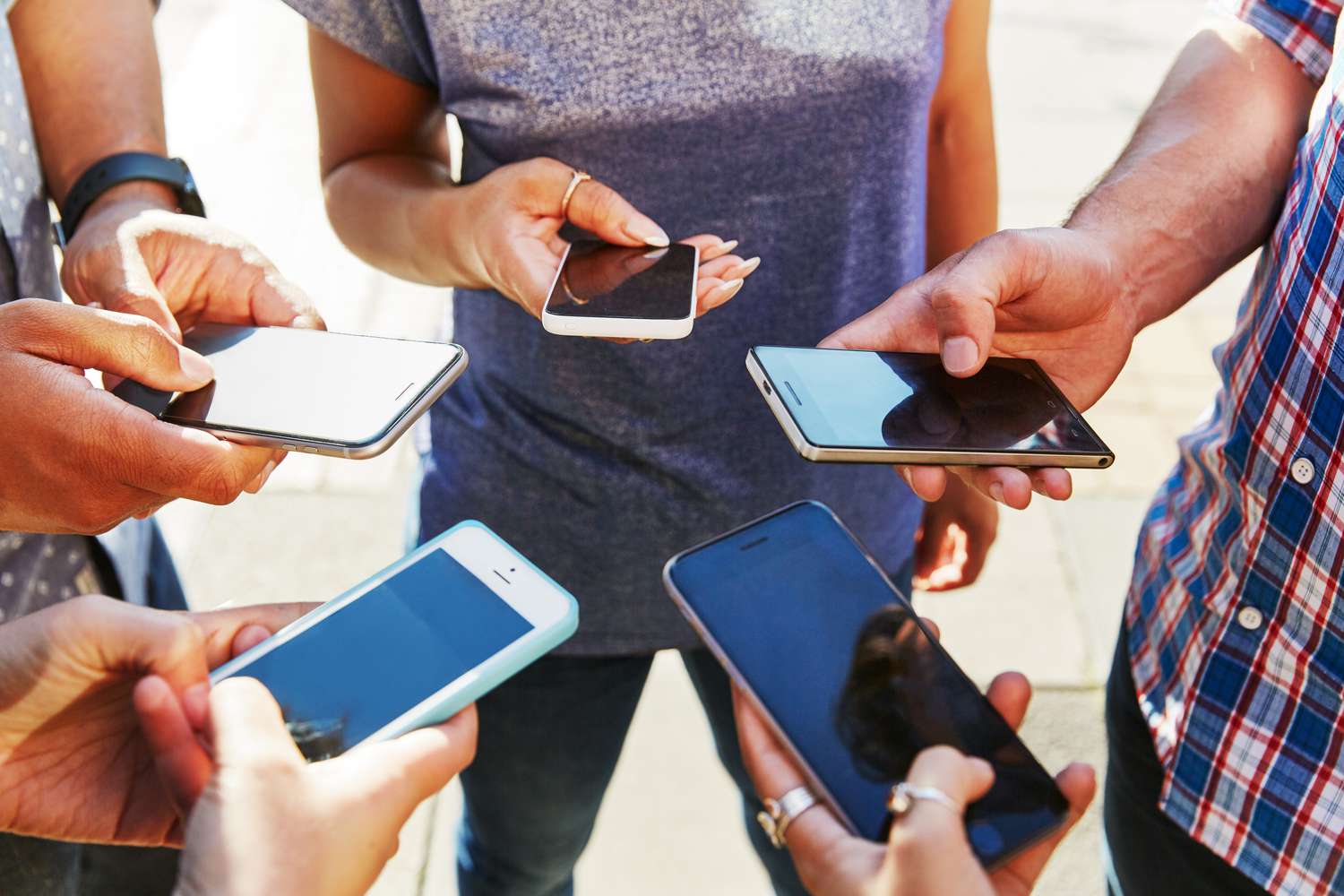
The factors that drive consumers to switch from Android to iOS devices are increasingly varied. From cost considerations, sleek hardware, superior battery life, and seamless connectivity with family and friends, the reasons are compelling. Additionally, the transition to iOS devices is now much smoother, and iPhone users can expect an excellent onboarding process when they switch.
FAQs
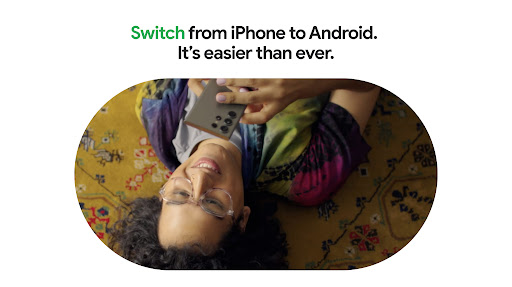
What makes iPhones better than Android devices?
Apple devices come with superior hardware and software engineering, resulting in better battery life and a user-friendly experience. Additionally, Apple devices have an intuitive interface, seamless integration with other Apple products, and exclusives like iMessage and FaceTime.
Is switching from Android to iPhone difficult?
Switching from Android to iPhone devices is much simpler than it used to be. The transition is now seamless, and Android users can expect a good onboarding process that guides them on how to use their new devices.
Is the App Store better than the Play Store on Android devices?
Yes, the App Store has more variety, higher quality apps, and a more cohesive design language compared to the Play Store.
Is customization possible on iOS devices?
Yes, customization is possible on iOS devices, albeit to a limited extent. However, with iOS 14, iPhone users can add widgets to their home screen to personalize their devices further.
Are iPhones more expensive than Android devices?
iPhones tend to be more expensive than Android devices. However, some deals and promotions can make purchasing an iPhone more cost-effective than acquiring a similar Android phone.

